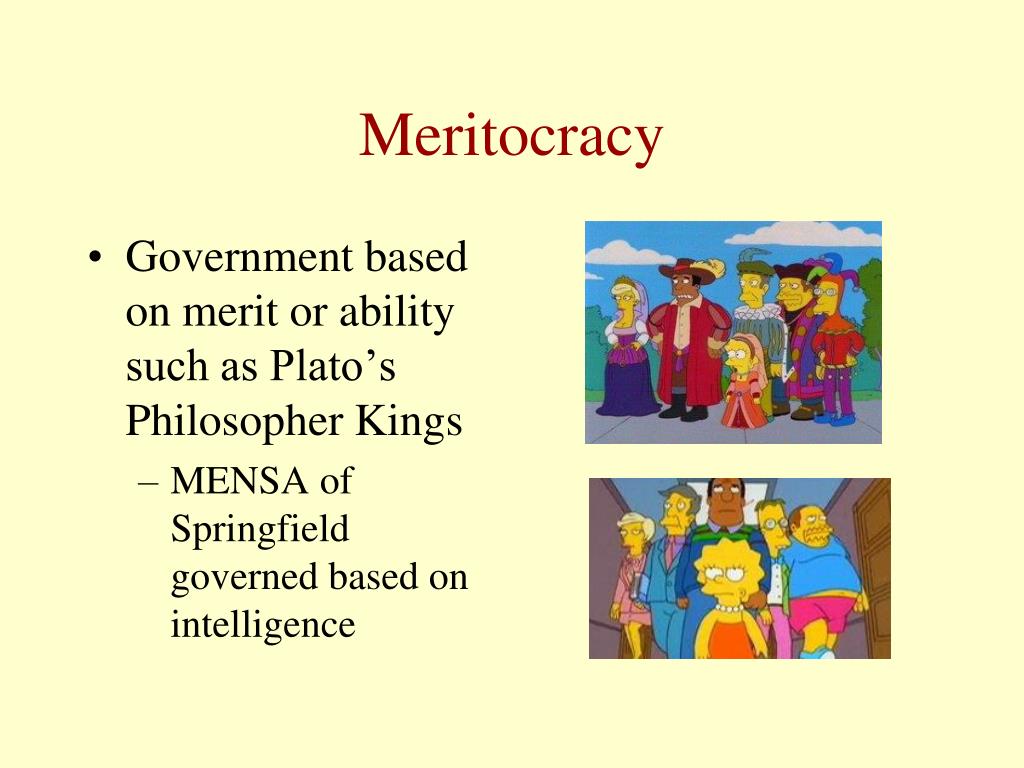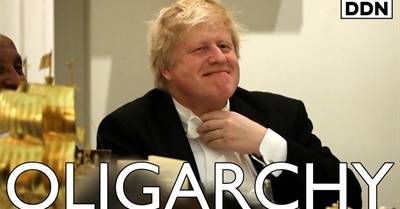

Not all meritocrats operate in this manner. These principles however, do not account for injustices butĭisregard them. Of the job principle and 3) to one that specifies the rewards for jobĪttainment. Merit), 2) on the conditions of the opportunity under the application (although experience, expertise and seniority tend to result in greater The following governing principles comprise meritocracies: Job placement is not ] awarded due to experience or expertise, but instead it is awarded 1) on the basis of merit Rational, predetermined criteria of merit. (deserving) success, rather than success being in fact predicated on Thus whoever is successful can be portrayed as meriting Justify the status quo merit can always be defined as whatever results Meritocracy has been criticized as a myth which merely serves to Thereby perpetuating its own power, social status, and privilege. That monopolizes access to merit and the symbols and markers of merit, Conversely, detractors of meritocracy point to the central dystopianĪspect of Young's conception: the existence of a meritocratic class On arbitrary criteria such as sex, race, wealth and social connections. Than other systems, and that it allows for an end to distinctions based Meritocratic system is more just and more productive That a meritocratic system is a good thing. In the book, this social system ultimately leads to a social revolution in which the masses overthrow the elite, who have become arrogant and disconnected from public sentiment.ĭespite the negative origin of the word, there are many who believe
#Meritocratic plutocracy plus
The term was intended to be pejorative, and his book was set in a dystopian future in which one's social place is determined by IQ plus effort. The term 'meritocracy' was first used in Michael Young's 1958 satirical book Rise of the Meritocracy.

Technocracy is a form of meritocracy, whereby appointments for positions are made based on demonstrated technical expertise. This is opposed to other value systems, where reward and legitimacy is based upon possession of wealth (plutocracy), origin (aristocracy), family connections (nepotism), property (oligarchy), friendship (cronyism), seniority (gerontocracy), popularity (democracy ) or other historical determinants of social position and political power. Evaluation systems, such as formal education, are closely linked to notions of meritocracy. In a meritocracy, society rewards (via wealth, position, and social status) those who show talent and competence as demonstrated by past actions or by competition. Meritocracy is a system of a government or other organization wherein appointments are made and responsibilities assigned to individuals based upon demonstrated talent and ability (merit).


 0 kommentar(er)
0 kommentar(er)
